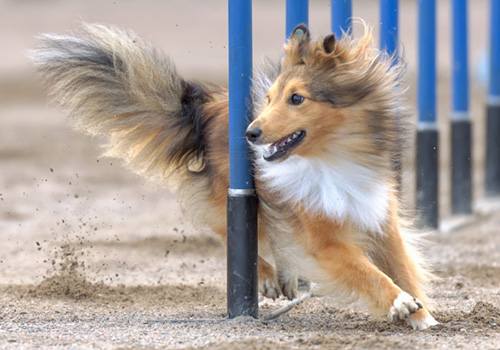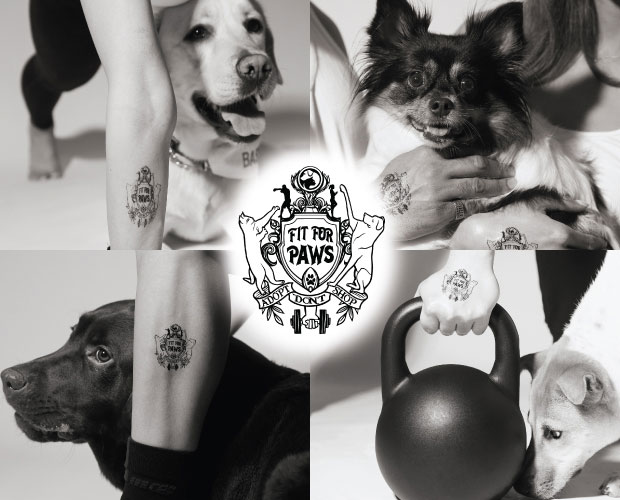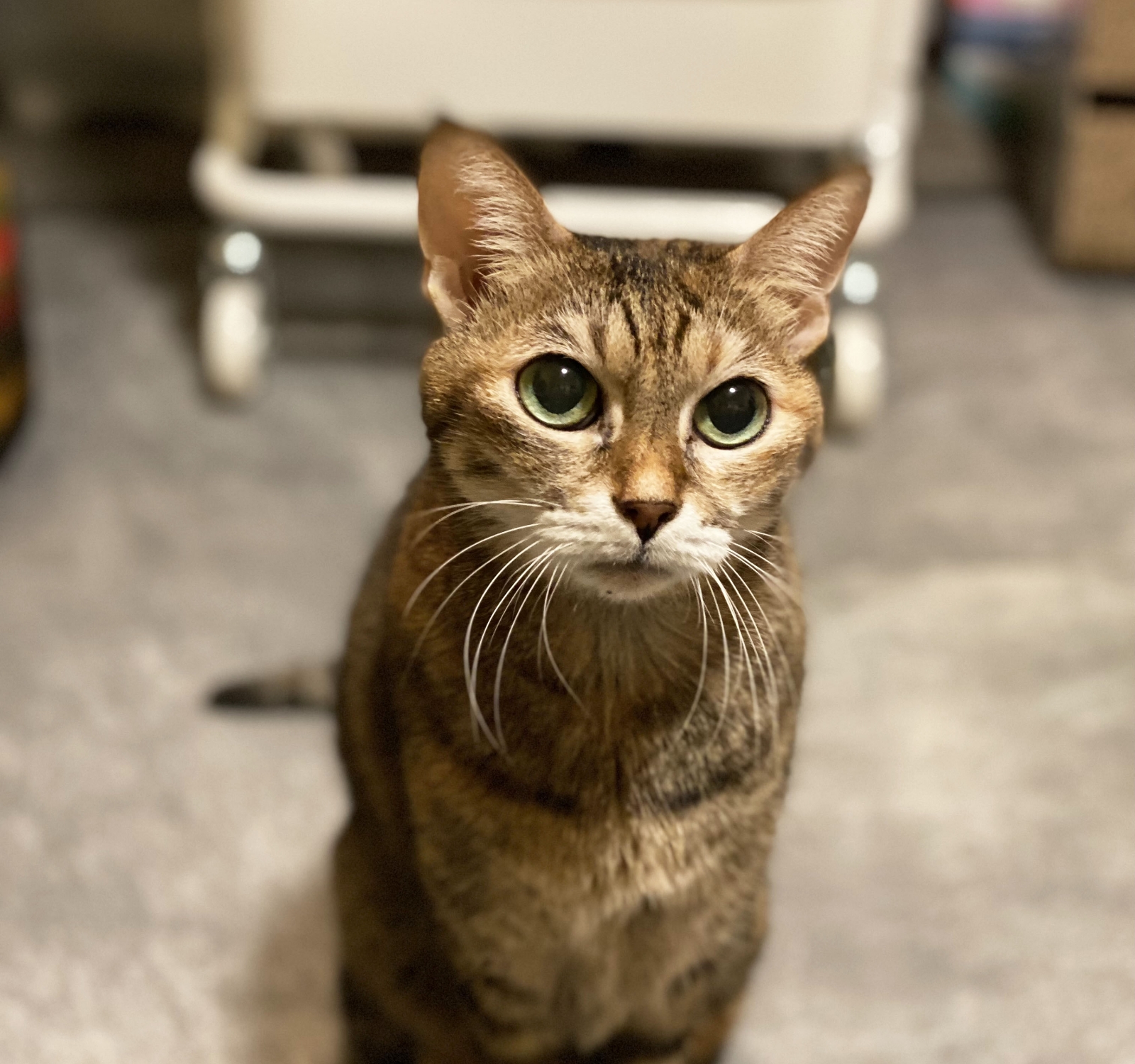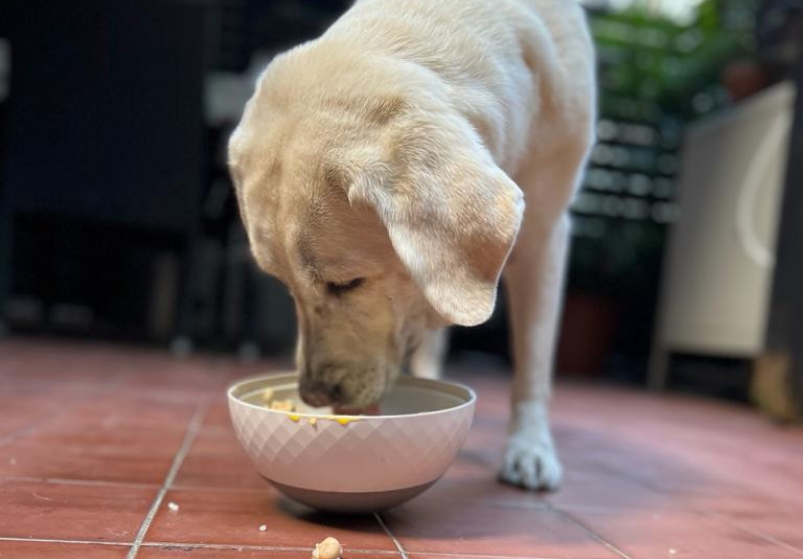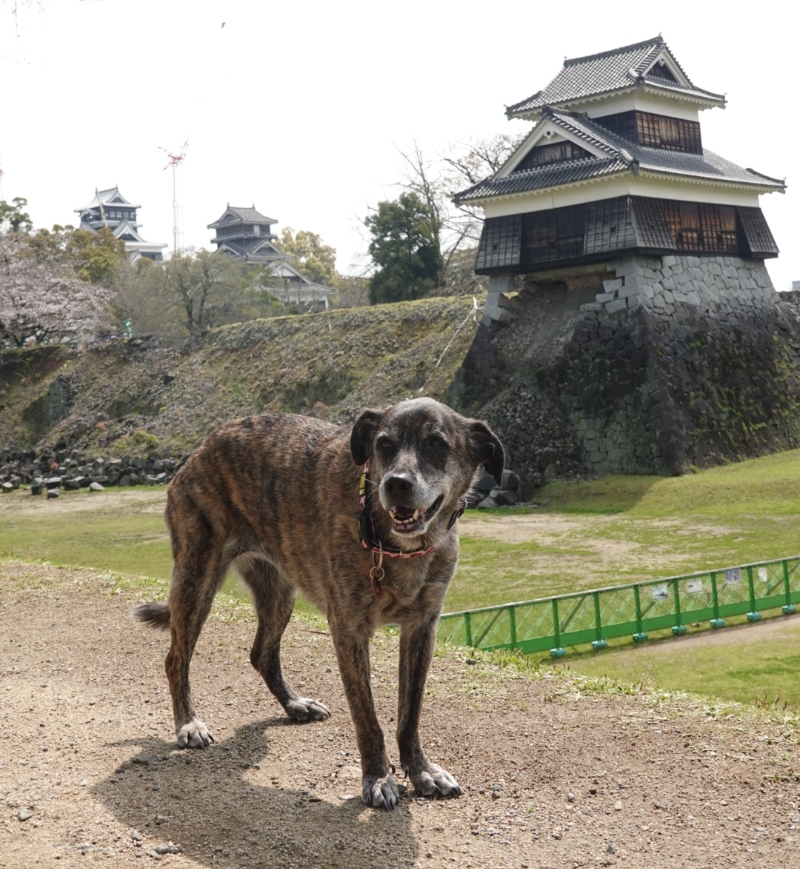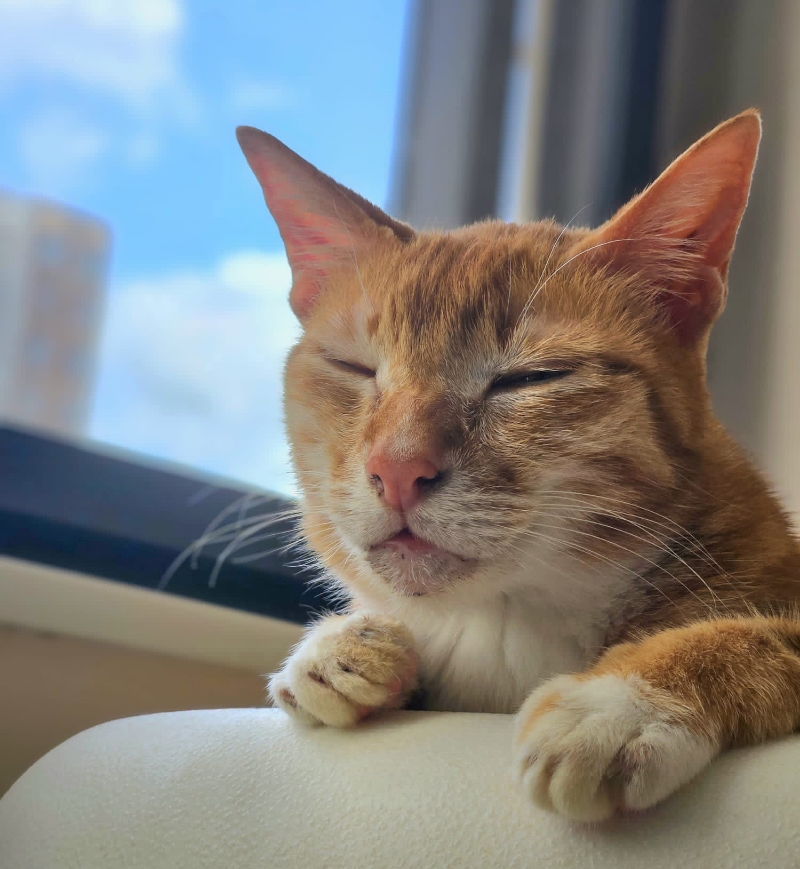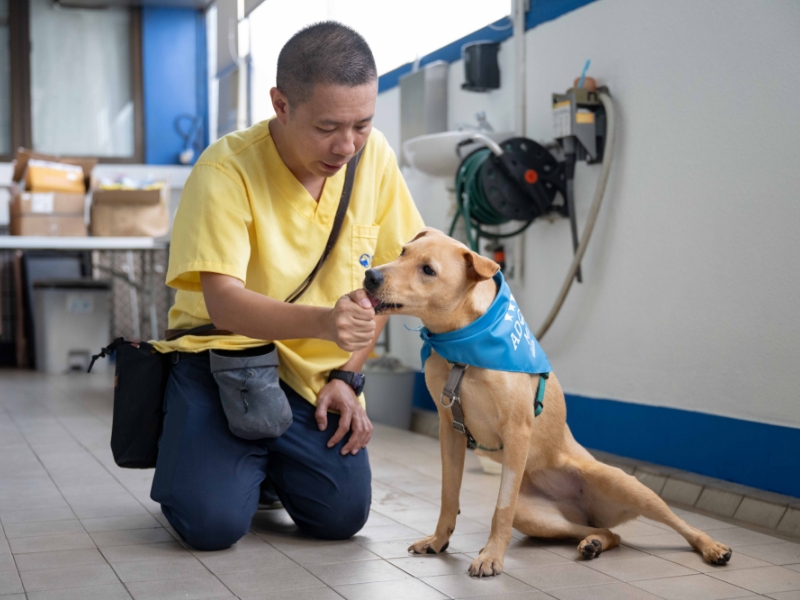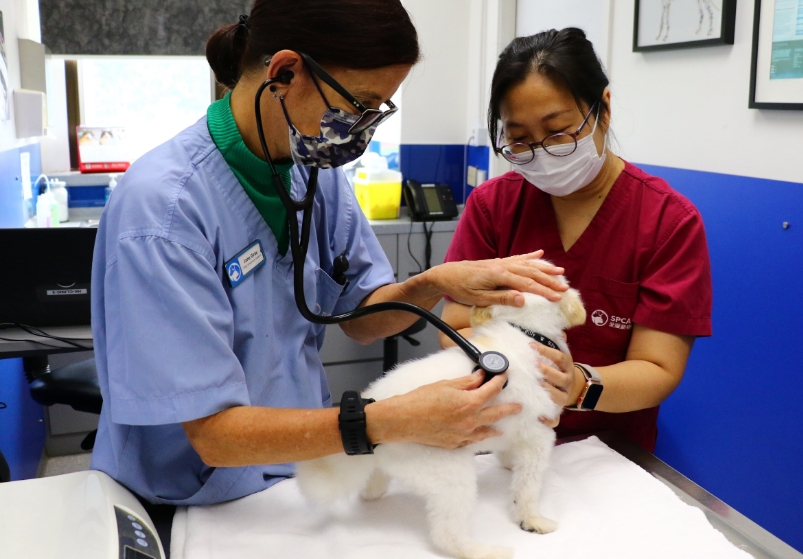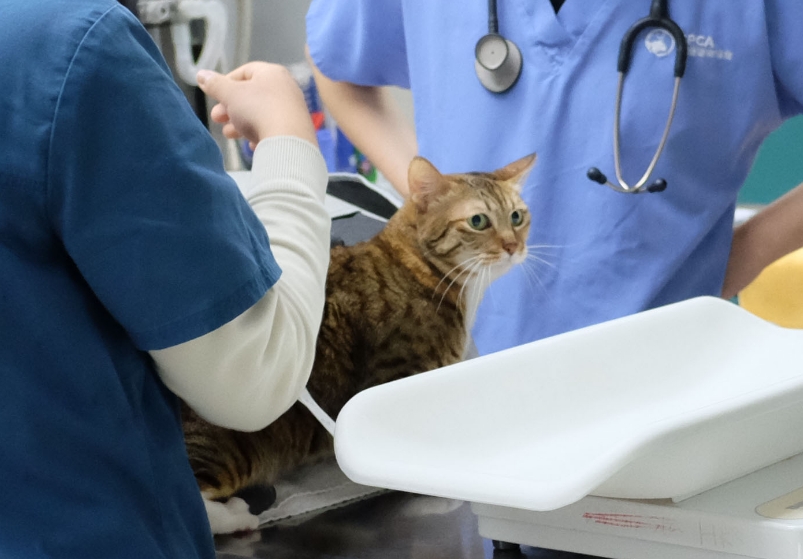Pancake / 15 YO / F / IG: @lolameow_pepperpancake
Earlier this year in Portugal, a dog going by the name of Bobi amazed dog owners across the globe when he celebrated his 31st birthday, breaking the Guinness World Record as the oldest dog ever to have lived. This record was previously held in the 1930s by a 29-year-old Australian Cattle dog called Bluey.
The oldest cat ever recorded, was a domestic tabby cat called Creme Puff, who lived to the ripe old age of 38!
What all these animals had in common was a good upbringing, a decent amount of exercise and a healthy dose of nutritious food – though great genes also played a very important part!
And while not all animals can be blessed with good genes, the good news is that there is still a way to influence their expression. In other words, we can still help our companion animals live longer, happier lives by establishing a healthy behaviour, environment, and diet from the start! Here’s how…
Diet
As pets enter their twilight years, their dietary requirements change, for example, they need fewer calories and adjusted protein levels in their diet.
So by changing the nutrition of your pet’s diet as they enter their senior years, certain ailments and side effects of ageing can be prevented or at least slowed down.
Important nutrients in a senior dog’s diet include:
- Good quality protein sources
- Glucosamine and chondroitin sulphate to help maintain joint and bone health
- Omega-3 fatty acids for joint, bone and skin health, as well as promoting a robust immune system. Please choose products that are veterinary recommended.
- Calcium and phosphorus (in the correct ratio) for strong bones
- Beet pulp and flaxseed for gastrointestinal health
- Special sugars (saccharides) to improve gastrointestinal tract health by increasing the number of “good” and decreasing the number of “bad” bacteria.
- Appropriate levels of vitamin E and L-Carnitine to support brain and cognitive health
- Dietary antioxidants such as vitamin E
Senior pets are far more likely to be healthier (and trimmer) if they are offered a diet tailored to their needs, which is not difficult bearing in mind the excellent range of diets available. In addition, certain old age-related diseases for example heart and kidney disease can benefit from specific veterinary prescription diets. If in doubt, please ask you veterinary surgeon for advice on the best diet for your pet.
Check out P.8-9 for more tips on how to help your senior cats!
As our pets age, they may also benefit from additional supplements for their heart, kidney, liver, or joints etc.
Check out our Top Picks on p.30-31 for recommended products!
Activity levels
Our companion animals lead such passive lives, and a large proportion of their activities revolve around us as pet owners. For instance, dogs eat what we feed them, go to the toilet when we take them out, and exercise as much as we do (or don’t!)
Dogs depending on breed and age require a minimum of 30 to 60 minutes of exercise per day. This may reduce as the dog ages, but it is important to exercise your dog daily to provide them with the necessary mental and physical stimulation.
Here are some tips to help with your pet’s physical comfort and mobility as they age:
- Choose low-impact activities such as walking and swimming, and for cats, invest in playtime using toys or provide climbers or scratching posts.
- Check out physical therapy such as water, massage, heat and/or cold therapy which can help relieve joint pain and discomfort.
Ensuring that your pet is a healthy weight can also help reduce the number of health problems in your pet, as well as decrease the physical strain on your pet’s limbs (and back).
Environment
Bearing in mind that your pet’s range of mobility will reduce with age, adjustments in the set-up of your flat can help them move around more comfortably. These changes include the addition of ramps or steps, and making resources more accessible i.e. bedding, litter boxes, and feeding locations.
It also goes without saying that maintaining a clean, hygienic environment free from stressors and irritants is also an important factor contributing to their overall health and wellness. When cleaning your flat, be sure to choose products that are free from;
Ammonia
Bleach
Chlorine
Formaldehyde
Hydrogen peroxide
Isopropyl alcohol
Phenols
Phthalates
Mental Stimulation
Just like humans, pets experience cognitive decline as they age, and not surprisingly the most effective way to slow this decline is with mental stimulation. Puzzle toys or games that engage pets and encourage them to solve a “problem” or tap into their hunter-prey drive, are the best ways to do this.
There are plenty of enrichment activities that you can create at home, which won’t cost an arm and a leg. For example, a simple slow feeder or tunnel can be made with some leftover toilet rolls and cardboard boxes!
Check out P.18-19 for tips on games and training exercises to play with your dog.
Preventative Medicine and Wellness Checks
As with humans, pets are more prone to developing diseases in their senior years. Some changes are normal and don’t represent disease for example greying of the fur – especially at the muzzle.
It’s a sad fact that many diseases of senior pets may go unnoticed by the owner in their early stages. For this reason, it is strongly advised to visit your veterinary surgeon for a full physical exam every 6 to 12 months. In addition, your vet may suggest the following for your senior pet:
 A geriatric blood profile: a sample of blood is taken from the neck or leg and analysed. This can give a large amount of information about a pet’s health together with providing a baseline for future monitoring. Often diseases in their early stages do not show any obvious external signs, and management and treatment are far more effective if started early e.g. kidney disease in cats.
A geriatric blood profile: a sample of blood is taken from the neck or leg and analysed. This can give a large amount of information about a pet’s health together with providing a baseline for future monitoring. Often diseases in their early stages do not show any obvious external signs, and management and treatment are far more effective if started early e.g. kidney disease in cats. Urine tests as with blood can help detect issues early e.g. diabetes and kidney disease.
Urine tests as with blood can help detect issues early e.g. diabetes and kidney disease. Blood pressure measurement: early detection of hypertension (high blood pressure) is key and can be controlled by drugs.
Blood pressure measurement: early detection of hypertension (high blood pressure) is key and can be controlled by drugs. Heart checks can include ultrasound, x-rays, and ECGs (electrocardiograms).
Heart checks can include ultrasound, x-rays, and ECGs (electrocardiograms). Eye pressure measurement to check for glaucoma.
Eye pressure measurement to check for glaucoma.
Prevention is always better than cure, and it’s impossible to stop the ageing process, but even if your senior pet has been diagnosed with a disease be it arthritis, heart, or kidney disease, it is still possible to help them live happy and healthy lives.
There are a myriad of treatments and medications available which can make your pet’s senior years more comfortable depending on the individual disease:
 Heart problems – numerous medications can help the heart function more effectively.
Heart problems – numerous medications can help the heart function more effectively. Arthritis – supplements (such as omega-3 fish oils or glucosamine), special diets, injections and oral pain killers can all help manage stiff and painful joints.
Arthritis – supplements (such as omega-3 fish oils or glucosamine), special diets, injections and oral pain killers can all help manage stiff and painful joints.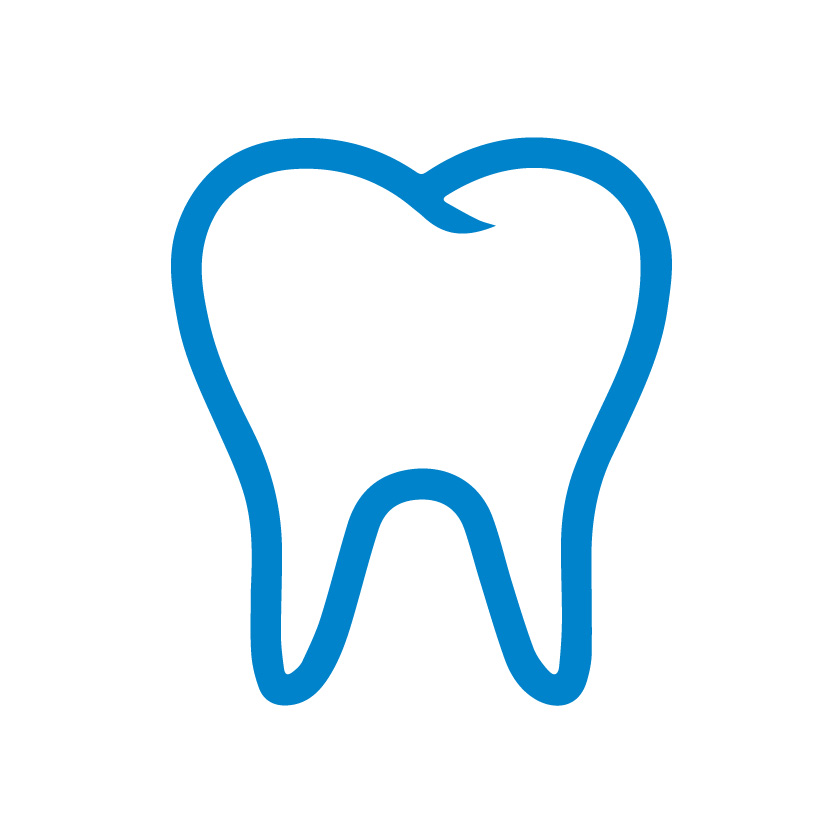 Dental disease – can be treated by descaling and polishing, removal of unhealthy teeth and medications to help treat gum disease.
Dental disease – can be treated by descaling and polishing, removal of unhealthy teeth and medications to help treat gum disease. Brain activity can be improved by medications and supplements.
Brain activity can be improved by medications and supplements.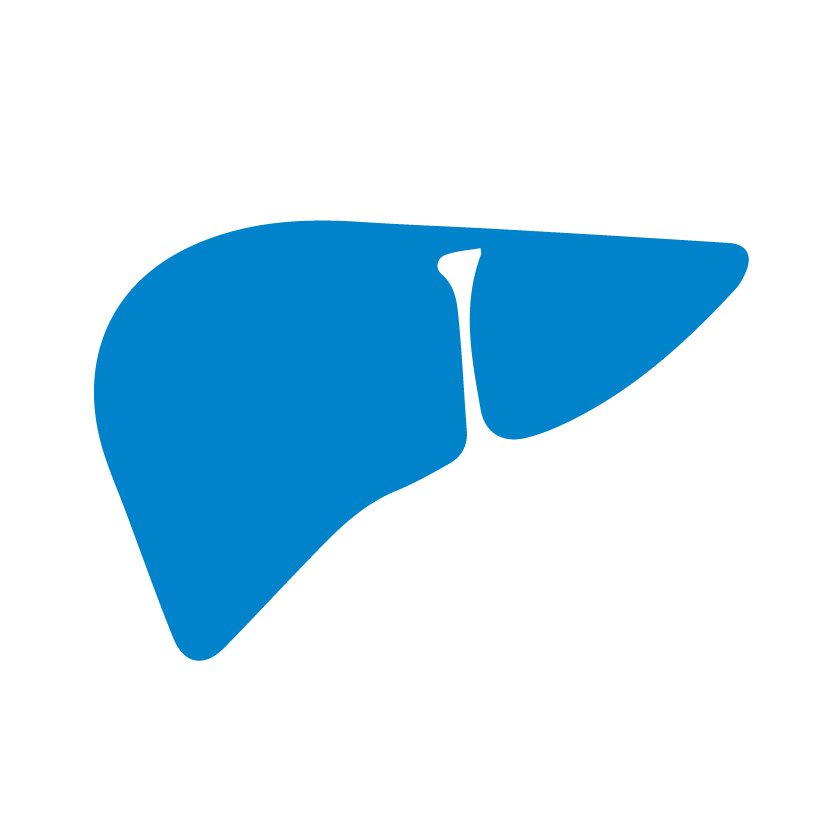 Kidney and liver disease – there are a vast array of drugs now available which can help prolong and improve quality of life for pets suffering from these diseases.
Kidney and liver disease – there are a vast array of drugs now available which can help prolong and improve quality of life for pets suffering from these diseases.
It’s a fact – often an owner does not realise how much their geriatric pet has been suffering until they start treatment and get a new lease of life!
Remember old age is not a disease but part of life’s natural process. With the right knowledge and care, we can all help our pets age gracefully, and live long fulfilling lives!
Click here to find your closest clinic and book an appointment with your vet today.


